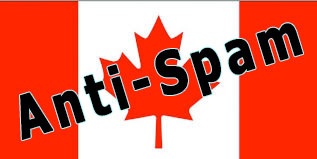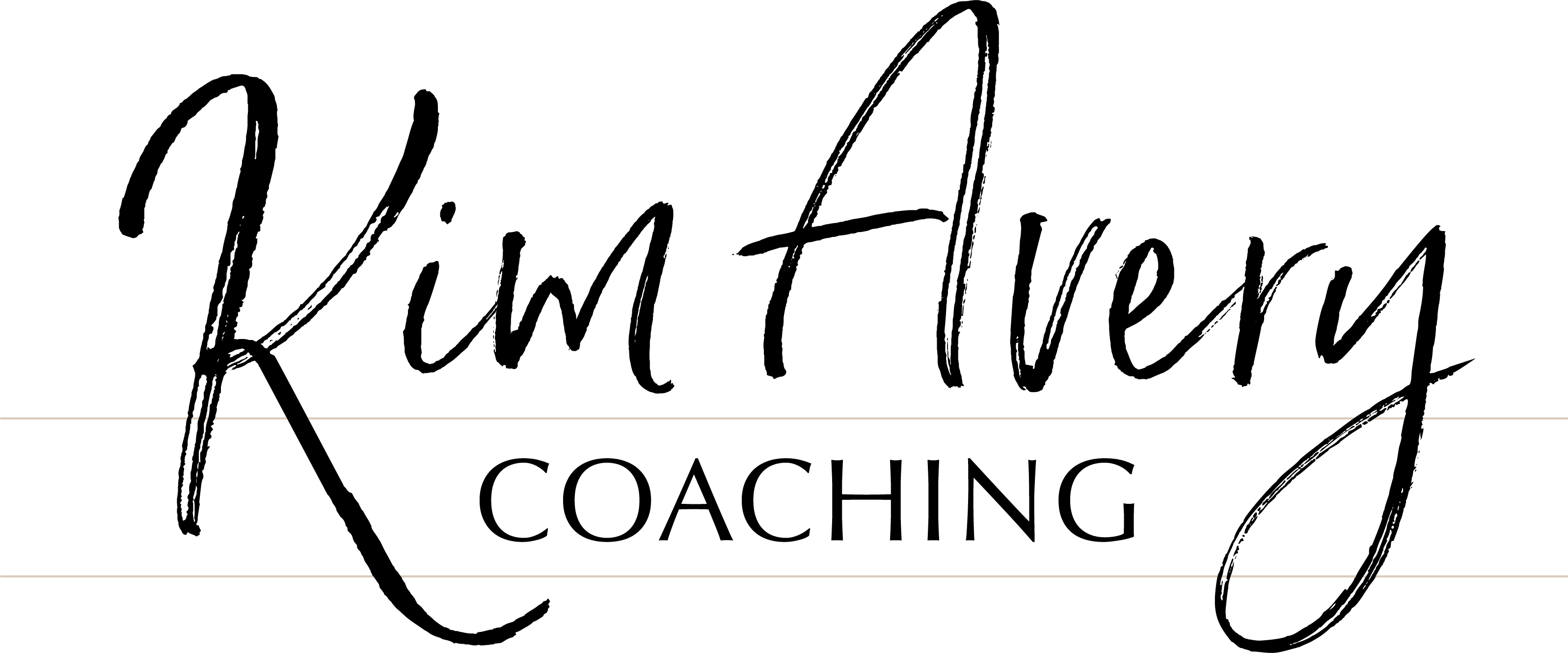 If you send business email – specifically through a service like iContact, ConstantContact, MailChimp, Aweber, etc. – to recipients in Canada, you are the target of the new Canadian Anti-Spam Legislation (CASL) which went into effect July 1, 2014.
If you send business email – specifically through a service like iContact, ConstantContact, MailChimp, Aweber, etc. – to recipients in Canada, you are the target of the new Canadian Anti-Spam Legislation (CASL) which went into effect July 1, 2014.
One of the mysteries, beauties, and perils of doing business on the Internet is that your contacts can come from anywhere. You just never know, so it is better to be safe than sorry. Put some safeguards in place now to protect yourself down the road.
Disclaimer: I am not a lawyer nor do I play one on TV. The content in this blog post should not be construed as legal advice. Do your own research and make your own decisions with regard to this or any matter.
The Penalties
So here’s the deal… if you send emails to Canadian contacts on your list who have not explicitly consented to receive information from you, you are liable for a stiff fine — up to $10-million for corporations and $1-million for individuals. Not something to take lightly.
Explicit vs Implied Consent
My understanding is that if you have the “double opt-in” process in place, that by clicking the confirmation link, a subscriber has given you explicit consent to send them information.
However, pay attention to what you are getting their consent for. If they click the confirmation link to get access to your free gift, but you don’t also mention that they will be receiving your newsletter, then have you really gotten their consent to put them on the newsletter list?
iContact, the newsletter service that I use, explains here how you may have contacts on your list who have given “implied consent:”
An existing business relationship with the recipient (such as a previous purchase within the last two years) or if the recipient had made an inquiry to the sender in the last six months are both good examples of implied consent under the legislation. Implied consent also exists if the recipient has “conspicuously published” their email address without an accompanying statement that they do not wish to receive unsolicited mail, AND the mail “is relevant to the [recipient’s] business, role, functions or duties in a business or official capacity”.
But please note, if you have added a list to your contacts and emailed them saying something like, “If you don’t want to receive emails from me, please unsubscribe” — that will NOT qualify as implied consent.
Timeline
For contacts already on your list, the legislation gives you three years (until June 30, 2017) to turn your implied-consent contacts into explicit-consent contacts, and for contacts added after July 1, 2014, you have two years.
The Bottom Line
Going forward, it would be wise to always use the confirmation process when you set up opt-in forms for any purpose. And if you are planning to add those who sign-up to your newsletter list, be sure that you make that clear as they opt-in.
All of the commercial newsletter services provide a standard “unsubscribe” function, which is also a component of the legislation, so you are covered there.
iContact has also removed the “forward to a friend” functionality (and I suspect other services have done this also), because the recipients have not explicitly requested to receive the email. Individuals who do receive your newsletter, however, can continue to click the “Forward” button in their email program to send it on to friends and colleagues, and that will not penalize you because it is not coming directly from “you.”
The bottom line is that the Canadian Anti-Spam Legislation (CASL) is affording us an opportunity to clean up any sloppy list-building behaviors we have slipped into and to step up our honesty and transparency.



0 Comments